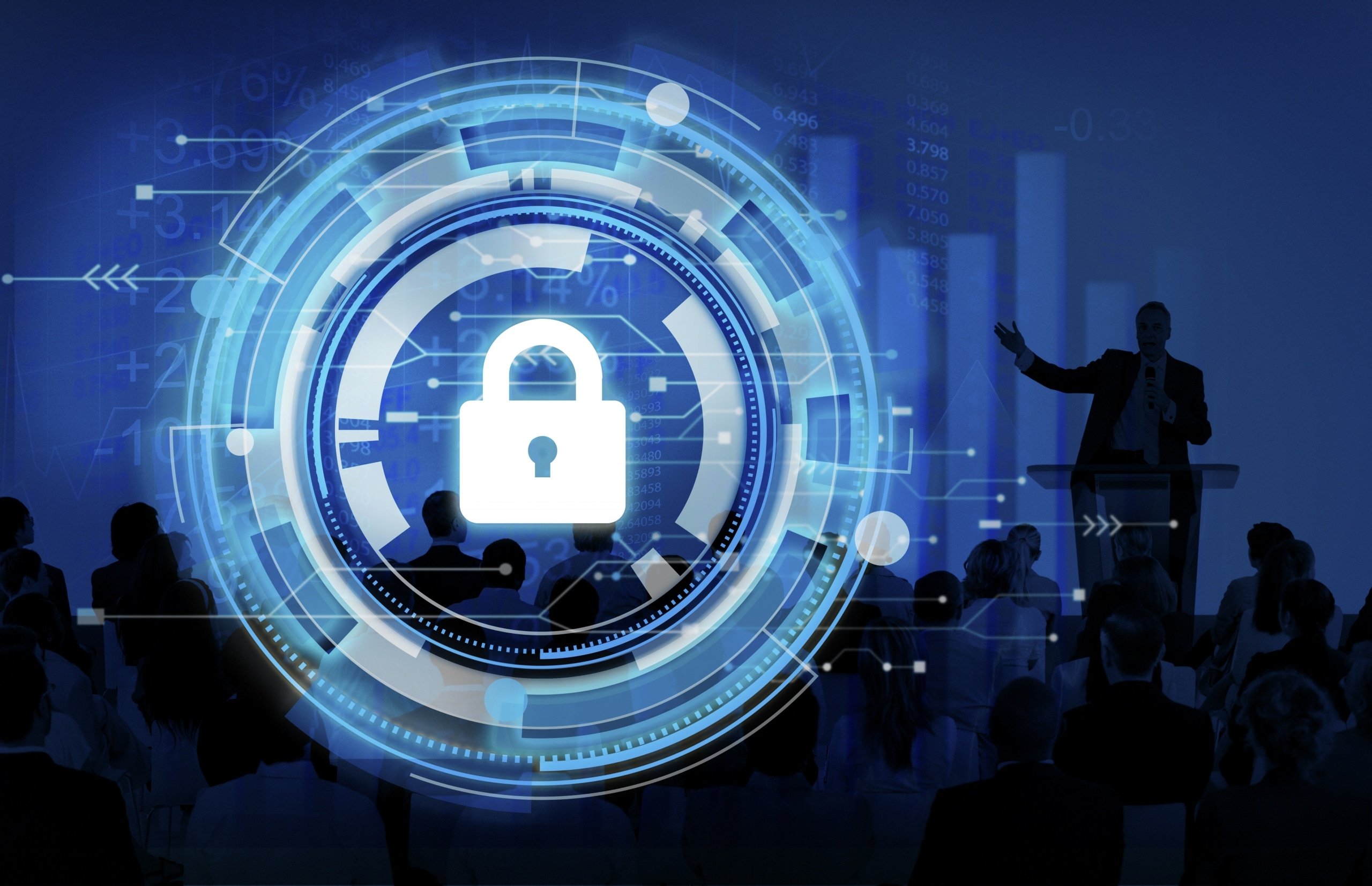Calming IT Chaos – It’s Possible
If you’re an IT manager tired of battling downtime and feeling overwhelmed with day-to-day emergencies, there is another way…
More and more schools and business organizations have been moving to cloud email providers for a good many reasons.
For one, the cloud requires less infrastructure to maintain and reduces operating costs in the long run. As migration to the cloud begins, companies also have to evaluate the best cloud-based email security solutions to protect their email environment.
What Is “the Cloud”?
Chances are, your business already uses “cloud computing”, even if you do not know what exactly that phrase means.
Basically, the cloud refers to the digital, Internet-accessible services. You can probably think of some examples that figure into your workday: Google Drive, Microsoft OneDrive.
With cloud computing, you can write a report on your laptop at your home, make some edits on your phone on the way to work, and then share it with your team with the click of a button. It is this combination of easy versatility and instant accessibility that makes “the cloud” such a popular option in fast-moving business settings.
It is not just the benefits that make the cloud so popular, but a matter of necessity as well. The past 2.5 years have only increased organizations’ reliance on services in the cloud that are readily available from anywhere at any time.
This is largely due to the pandemic, when many organizations shifted on-premise items to the cloud after realizing that people needed to access them off-site.
The downside to cloud computing, which offers many benefits, is that your data becomes vulnerable to cybercriminals that could be outside or within your company.
Cloud email security solutions are designed to provide comprehensive protection against email-borne cyber threats or attacks that your small business may face. A few of the main features of a cloud email security solution include:
When most people think of cyberattacks, the image that comes to mind is an incredibly-skilled hacker pounding away on a keyboard, breaking into a company’s network by using sophisticated high-tech methods that you’d need a degree in computer science to even begin to understand.
This is actually far from the truth. In fact, a significant portion of cyberattacks involve a technique called “phishing”, which is more people- than tech-oriented.
Phishing is cybercriminals pretending to be someone they are not, which can be quite easy to do online, where a legitimate-appearing email address can trick an employee into relaying sensitive information.
If you have ever gotten a spam email from someone pretending be, say, a bank official, then you have encountered phishing.
Anti-malware that scans attachments can save your employees from clicking on a file that could compromise your network.
Malicious content that circulates around networks have discernible signatures that anti-malware can scan, and therefore alert users to any danger.
A concerning email to get is when you have been alerted that someone has tried to access your account, whether through a two-factor authentication process, a request for a password change, or another method.
It is especially distressing when your account has been accessed without you being notified at all, which can occur when you get texts or emails from confused contacts wondering why you are sharing a suspicious-looking file or link with them.
Account Takeover Protection monitors the accessing of accounts associated with your company. By identifying suspicious, anomalous behavior by accounts in your network, malicious account takeovers can be caught early and stopped before further harm can be done.
One such method is shutting down an account once it has been taken over, preventing the cybercriminal from accessing data associated with the account or communicating with others from the account.
Data loss protection keeps sensitive data from falling into the wrong hands.
One such method of ensuring data loss protection is preventing employees from sharing sensitive company data with accounts outside of the company.
Another technique is denying access to company data from outside accounts.
Recovering lost or deleted data is also a key measure to take. We’ll help you set up the safest backups to ensure that data recovery is easy.
Such protocols keep data within the company, and so much less likely to be compromised.
Email is the most common means of communication used in the business world today.
It is also the number one delivery method of distribution for malware.
So, protecting it is an absolute necessity when it comes to continuing business operations.
When you partner with Matrix Integration for cloud-based email security, you get:
We work to get your network protected quickly, and to keep it updated with the best security solutions available.
Our expert team is dedicated to making the best use of your IT resources, and will work with you to design the best IT plan for your company.
We understand that a business’ goal is growth, which is why we are prepared to upscale security services to make your business’ growth as smooth—and safe—as possible.
Want to learn more about the security services that will help your business stay safe, whether you are a small business or an enterprise corporation? Reach out to us today to find out what we can do for your company.

If you’re an IT manager tired of battling downtime and feeling overwhelmed with day-to-day emergencies, there is another way…

Cybercriminals are in it for the money – and their ever-shifting targets and tactics require continuous vigilance. Although overall ransomware...
.png)
Network security is more critical than ever. Cyber threats are growing in sophistication, targeting businesses of all sizes with ransomware, phishing...
Matrix Integration’s expertise and access to cutting-edge technology positions us to provide the right technology solutions for the critical challenges you face.